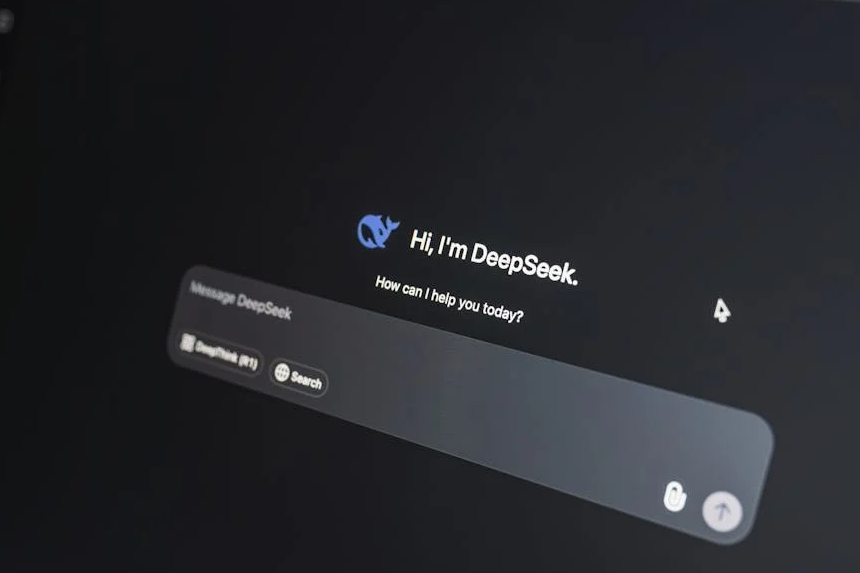Claiming security issues, Australia has formally barred DeepSeek, a Chinese artificial intelligence (AI) business, from all government devices and networks. The government maintains that the prohibition is brought about by the “unacceptable risk” the software presents to national security rather than its Chinese roots. The DeepSeek Ban has sparked concerns over AI privacy and data storage on Chinese servers.
DeepSeek attracted international interest in January when it revealed a chatbot boasting much reduced training costs yet matching the performance level of top US artificial intelligence models. The announcement had a significant financial impact, wiping off stocks markets globally including Australia billions of dollars. Stocks linked to artificial intelligence, including chipmaker Brainchip, dropped sharply Wednesday night.
Cover covered by the Ban?
“Prevent the use or installation of DeepSeek products, applications, and web services,” the Australian government’s directive mandates of all government agencies. All government systems and gadgets must also be devoid of any past installed versions. This restriction covers employees of the Bureau of Meteorology and the Australian Electoral Commission among other departments. The DeepSeek Ban limits the access to artificial intelligence techniques by impacting several government spheres.
Whether the restriction covers public sector computers in other spheres of the economy, such education, is still unknown. The ban does not effect private citizens, though; they may still use DeepSeek’s AI technologies on their own devices.
How are governments all around reacting to DeepSeek?
Such policies are starting to be accepted as normal, according to Kieren McCarthy of Oxford Information Labs, a cyber intelligence company. “This is the method governments are using more and more anytime security is called into doubt. It marks the end of the times when technology was king and gives all new technology a political aspect.
Western governments have traditionally shown great caution over Chinese technology. High-profile cases include social media platform TikHub and telecom behemoth Huawei, both of which suffered restrictions because of national security issues. DeepSeek first attracted diverse responses worldwide. Former US President Donald Trump said it was a “wake-up call” for the US, but he also indicated it would be helpful if it helped to reduce artificial intelligence prices.
Since then, though, worries about DeepSeek have escalated. Citing “data and privacy” concerns, Australia’s science minister already cautioned nations in January about the chatbot, saying they should be “very careful”. The DeepSeek Ban draws attention on the growing worldwide scrutiny of artificial intelligence technologies.
DeepSeek was removed off app stores in Italy after authorities questioned its privacy standards. Over privacy issues, Italy had similarly briefly disabled ChatGPT in March 2023. Investigating DeepSeek’s management of user data—stored on servers in China—regulatory authorities in South Korea, Ireland, and France have started inquiries. The White House press secretary has confirmed an ongoing review, hence the US has also started evaluating possible security consequences. Global debate and concern around the DeepSeek Ban still abound.
Why Are Concerned Security Professionals?
Usually analyzing user inputs, AI systems such as ChatGPT and Google Gemini hone their models. They gather and catalog data including birth dates and email addresses. Security experts warn those employed in the fields of national or confidential security, however, of entering sensitive data into AI technologies since developers may retain and examine this material.
Though this has not been formally confirmed, reports indicate the US Navy has barred its personnel from using DeepSeek.
Has DeepSeek unfairly used US technology?
DeepSeek has also come under fire for improperly using US-developed artificial intelligence technology. OpenAI has expressed worries about fast-tracking overseas rivals—including those in China—using its research to propel their AI developments.
DeepSeek has been contacted for comments, but thus far no official reply has been given.








